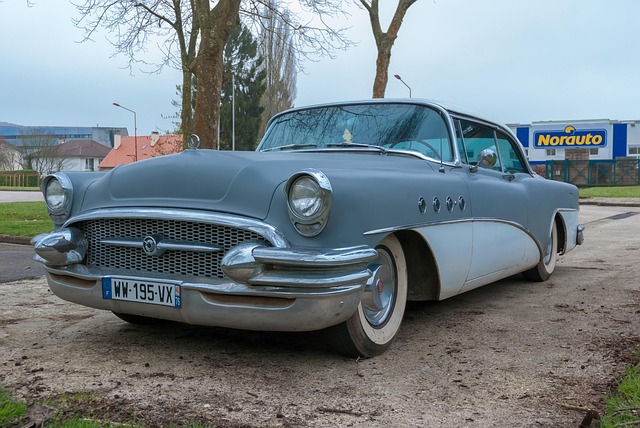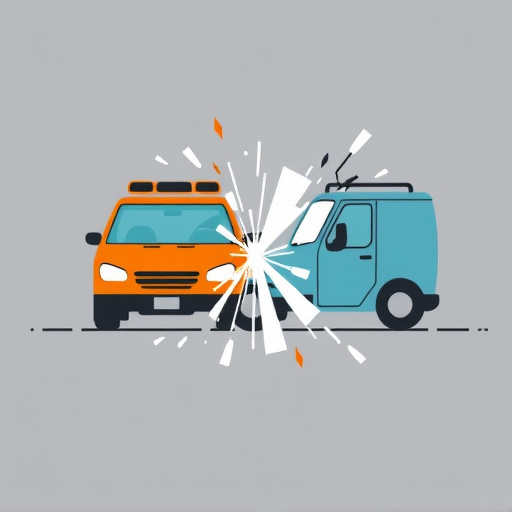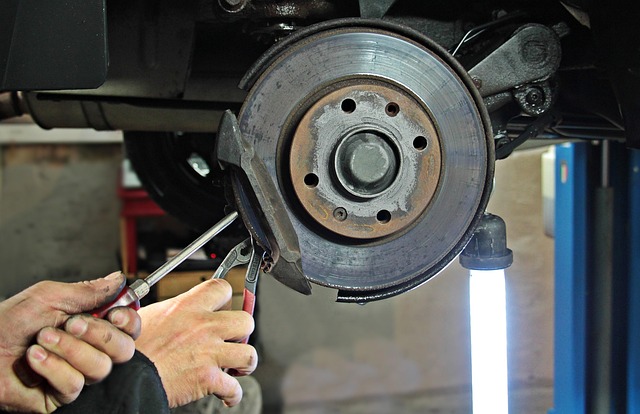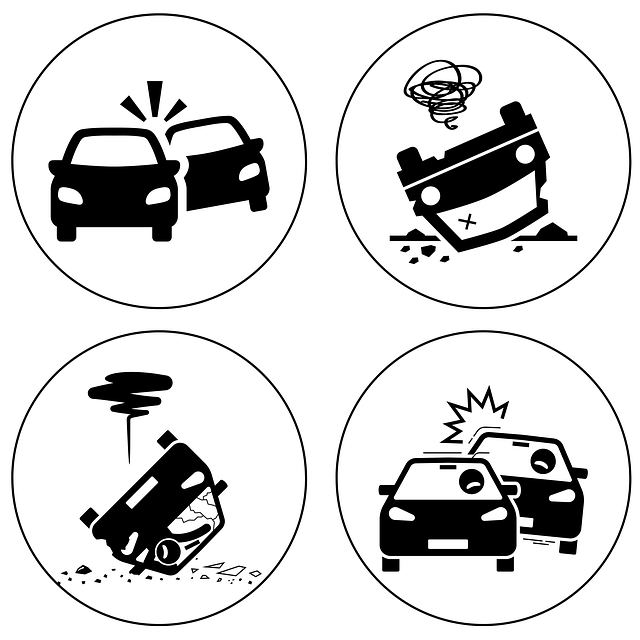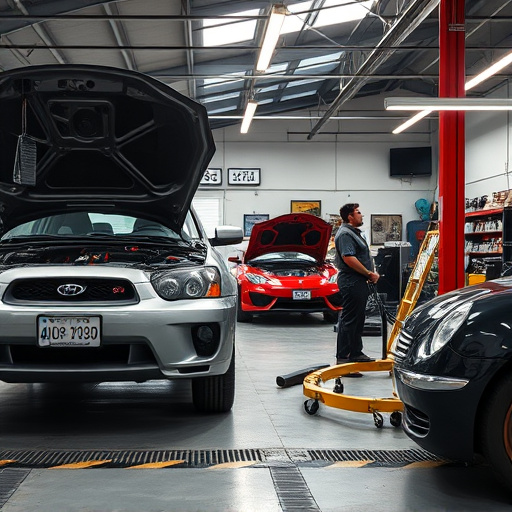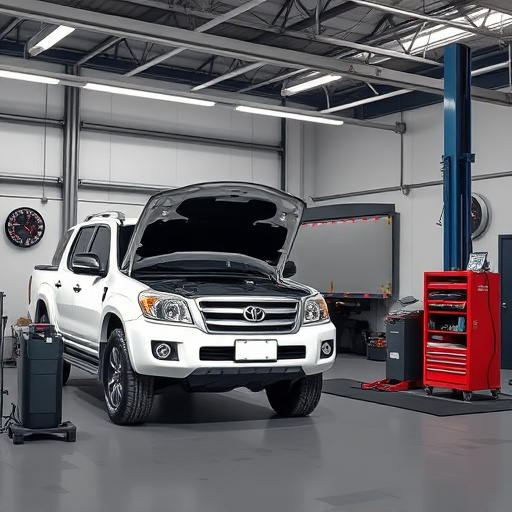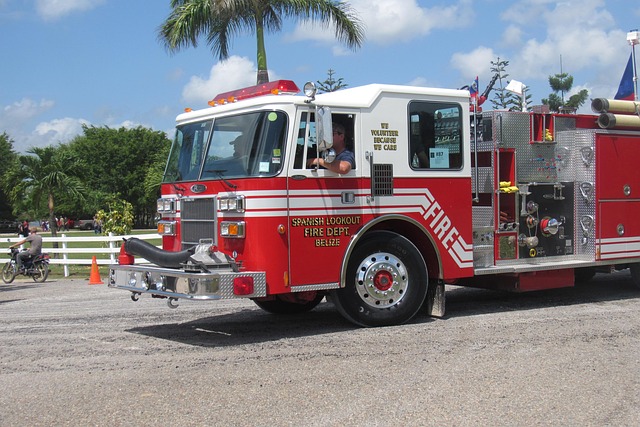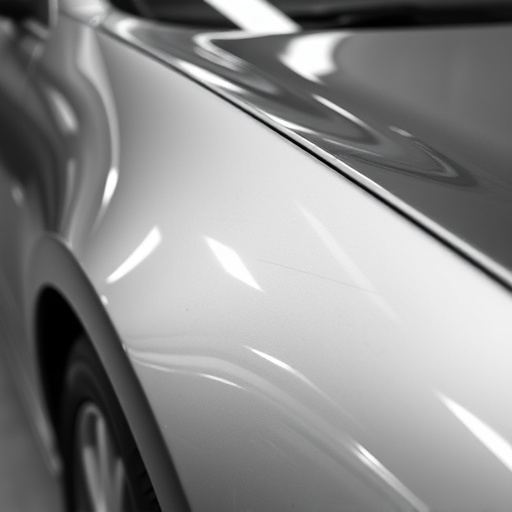When renting a car for repairs, understand that basic insurance typically doesn't cover vehicle damage or replacement costs. Consider adding collision insurance for comprehensive protection. Review policy details and rental agreement terms to avoid unexpected expenses. Familiarize yourself with your auto insurance coverage and the rental company's clauses, which might offer discounts or temporary replacements. Check coverage limits; comprehensive may exclude high-risk activities, while collision covers accidents with a deductible. Ensure enhanced coverage options for significant rental car damage during repairs.
When a rental car needs repairs, understanding your coverage limits is crucial for avoiding unexpected financial burdens. This guide delves into the intricacies of rental car insurance policies, focusing on what’s covered and what’s not, including deductibles and types of coverage. We explore communication strategies with rental car companies, empowering you to document damage, understand timeframes, and secure alternative transportation options. Additionally, we navigate coverage gaps, offering solutions for uninsured scenarios and highlighting third-party insurance options.
- Understanding Your Rental Car Insurance Policy
- – What does your policy cover during repairs?
- – Exclusions and limitations: Deductibles, comprehensive vs. collision coverage.
Understanding Your Rental Car Insurance Policy

When renting a car, understanding your insurance coverage is crucial, especially during unforeseen events like repairs. Many rental car companies offer various insurance options, but each policy has its own set of benefits and limitations. Familiarize yourself with your rental agreement to comprehend what’s covered in case of damages or theft. Typically, basic rental car insurance provides liability coverage, which shields you from financial responsibility for property damage or bodily injury to others during an accident. However, it usually does not cover the cost of repairing or replacing the rented vehicle itself.
To ensure you’re adequately protected during a rental car during repair, consider opting for additional coverage such as collision insurance. This type of protection goes beyond liability by covering your rental car in case of damage due to an accident. In the event of an automotive collision repair or even minor scratches, this added layer of insurance can help alleviate financial stress and ensure you get back on the road faster with minimal hassle. Remember to review your policy details to make informed decisions regarding your protection while behind the wheel.
– What does your policy cover during repairs?

When you’re faced with a need for repairs on your rental car, understanding what your insurance policy covers is crucial. Most auto insurance policies include coverage for rental cars, but the specifics can vary greatly between providers and policy types. Generally, comprehensive or collision coverage will kick in to help pay for repairs, including those related to auto glass repair and car bodywork services. This means that if you’re involved in an accident or experience damage while renting, your policy could assist with the costs.
However, it’s essential to review the terms and conditions of your rental agreement as well. Some rental companies may have specific clauses regarding repairs, especially for minor damages. They might offer in-house car repair services at a discounted rate or even provide temporary replacement vehicles during the fixing process. Knowing these options can help you make informed decisions, ensuring that you’re not left with unexpected costs during the rental car during repair process.
– Exclusions and limitations: Deductibles, comprehensive vs. collision coverage.
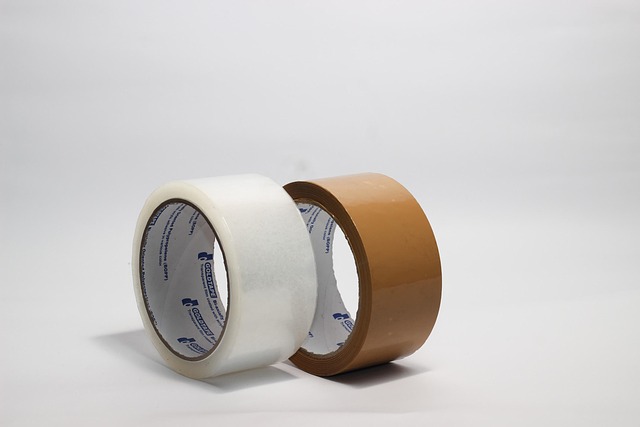
When renting a car during repairs, it’s crucial to understand your coverage limits and exclusions. Most rental car insurance policies have specific clauses that delineate what’s covered in case of damage or theft. Comprehensive coverage typically includes events like animal encounters, natural disasters, and vandalism, but may exclude certain high-risk activities or pre-existing damages. Collision coverage, on the other hand, usually picks up the tab for accidents caused by you, but often comes with a deductible – the out-of-pocket cost you’ll incur before insurance kicks in.
While paintless dent repair and other cosmetic fixes might sound appealing, they’re not always covered under standard rental car insurance policies. If your rented vehicle sustains significant damage, such as a cracked windshield or extensive body work required by a car body shop, you could be responsible for paying for the repairs out of pocket unless you have an extended warranty or specific coverage option. Always review your policy and consider upgrading your coverage if needed to avoid unexpected financial burdens during your rental car during repair period.
When faced with a rental car in need of repairs, understanding your insurance policy’s limits is crucial. By comprehending what your coverage entails and being aware of potential exclusions, such as deductibles and the distinction between comprehensive and collision policies, you can navigate this situation with confidence. Remember, knowing your rights and responsibilities regarding a rental car during repair can help ensure a smoother process and peace of mind.
